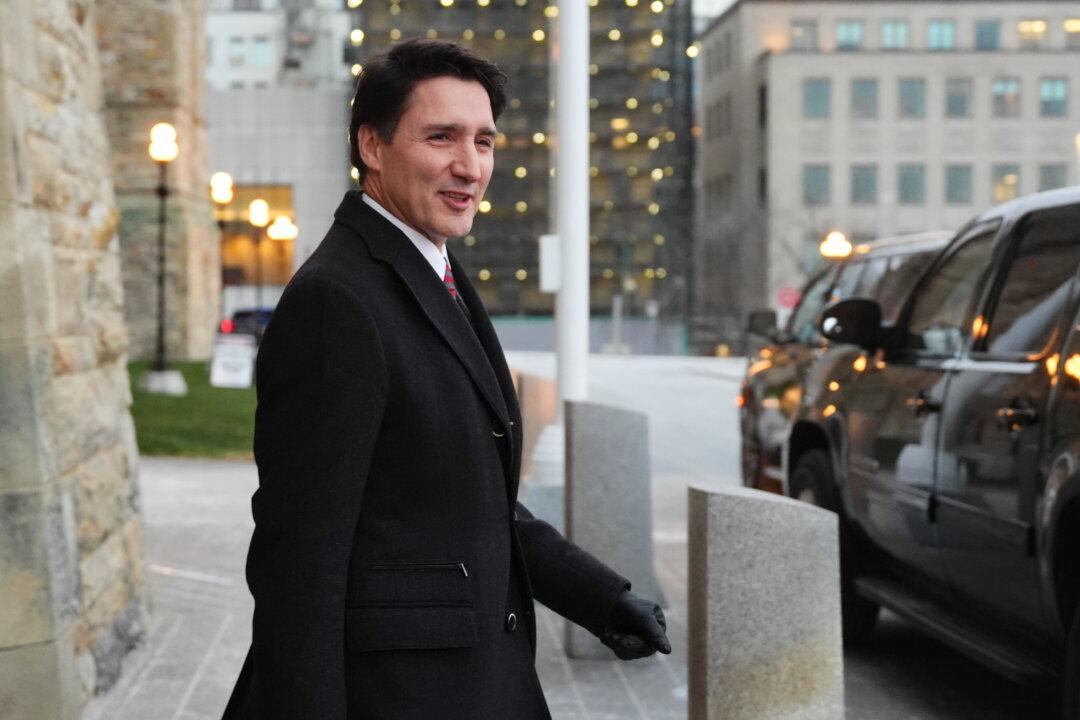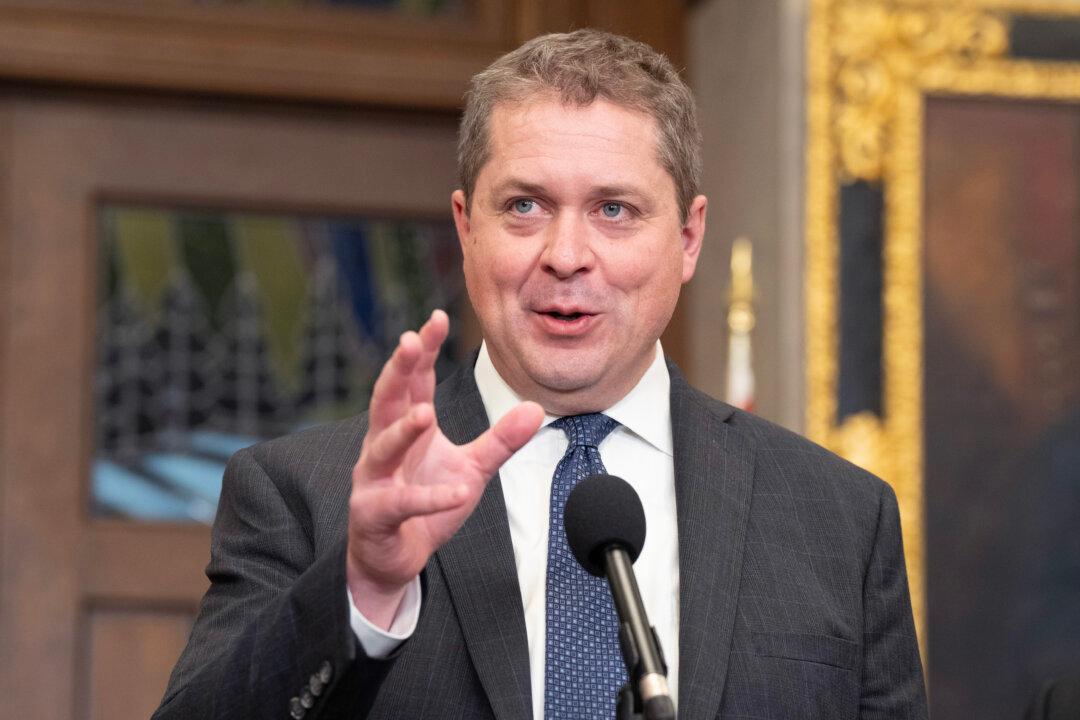A new poll suggests that the level of support for the Liberals has fallen below that of the New Democrats, to just 16 percent.
Results of an Angus Reid survey conducted between Dec. 27 and Dec. 30 indicates that the Liberal government’s poll numbers dropped by 5 percentage points after Deputy Prime Minister and Finance Minister Chrystia Freeland abruptly resigned from cabinet on Dec. 16, the same day she was scheduled to deliver the fall economic statement.





